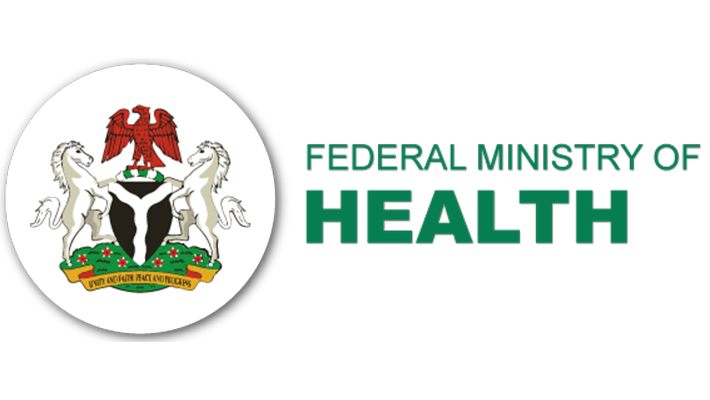ABUJA, Nigeria – Nigeria has increased its licensed medical and dental workforce to 66,241 in 2024, up from 64,949 in 2022 — a net addition of 1,292 professionals — as part of sweeping reforms to strengthen the health sector.
Speaking on Thursday at the 2025 BusinessDay Health Conference in Abuja, Dr Iziaq Salako, Minister of State for Health and Social Welfare, said admission quotas for medical schools have been raised by 38%, while dental school intakes surged by 62%.
“These increases are helping us respond to the critical shortage of doctors and dentists in the system,” Salako said. He revealed that 20 new medical schools are undergoing accreditation, and 15,000 health workers were recruited nationwide in 2024.
The federal government’s broader strategy, anchored in the Nigeria Health Sector Renewal Initiative (NHSRI), also targets retention. A Human Resources for Health Development Strategy has been developed to reverse the mass migration of health professionals, especially to the UK, US, and Canada.
Over 16,000 doctors have reportedly left Nigeria in the past 5 to 7 years, according to Coordinating Minister Muhammad Ali Pate. He warned that each migrating doctor represents a loss of about $21,000 — the estimated cost of training one doctor in Nigeria.
To address this, the government is developing a National Health Workforce Migration Policy and a digital registry to track and engage health professionals within and outside the country.
“This is not just about numbers,” Salako said. “It’s about building a resilient, equitable healthcare system that retains talent and serves the people.”



